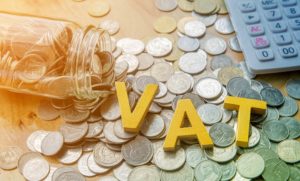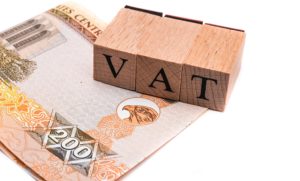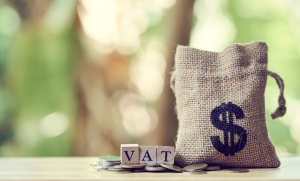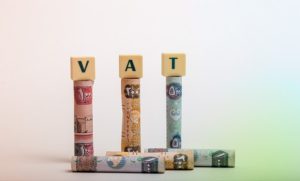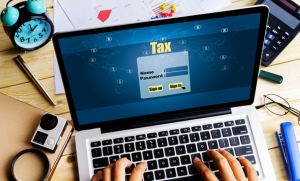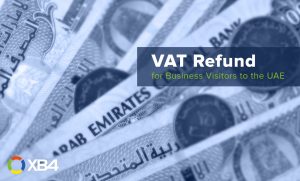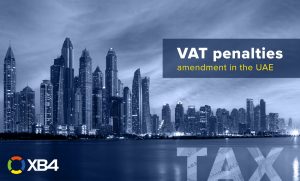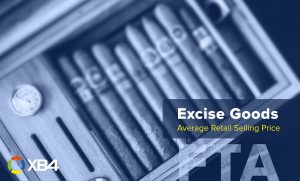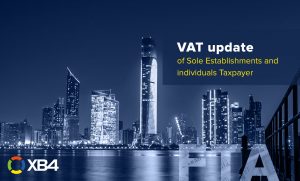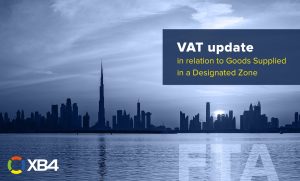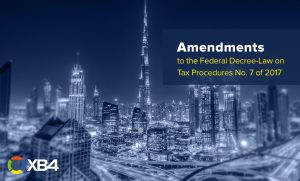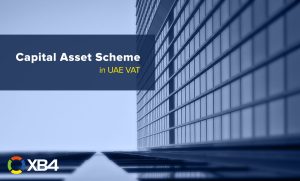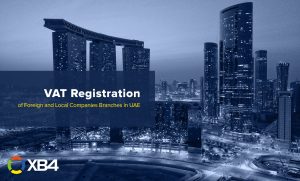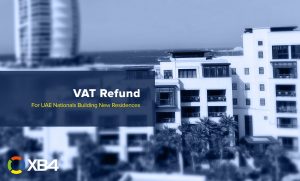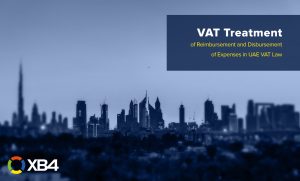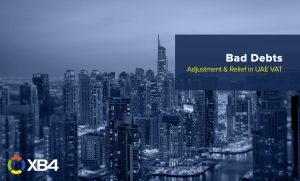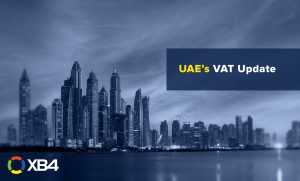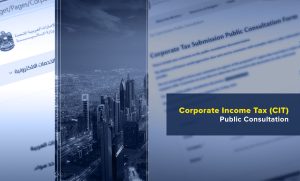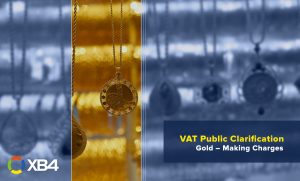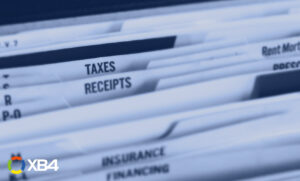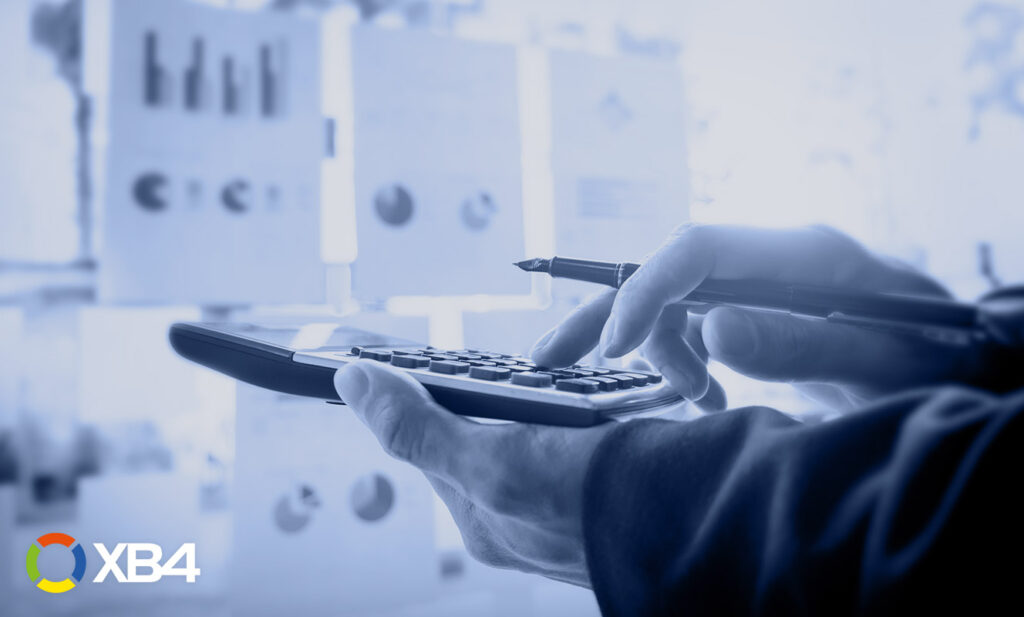
Several Articles of the UAE’s VAT Federal Decree-Law No. (8) of 2017 (“the VAT Law”) has been amended by a new Federal Decree-Law No. 18 of 2022 (“VAT Law Amendments”), which shall become effective from 1 January 2023. The VAT Law No. (8) of 2017 will continue to be in effect except for those articles that have been amended. It is expected that the Executive Regulations will also be amended to capture the changes made in the VAT Law amendments.
Most of the amendments aim to clarify the legislation and effect minor changes. Although most of the amendments do not have a significant impact, one major exception to that is the provisions around the Statute of Limitations. For this purpose, the Federal Tax Procedures Law has not been amended. Instead, the change occurred directly in the VAT law by adding a new article, Article (79) (bis). This provision is similar to the recent amendments under Excise law on the statute of limitation, which provides that generally, the FTA may not conduct a tax audit or issue a tax assessment beyond five years from the relevant tax period, subject to the following exceptions:
- The FTA has already issued a notice to audit the taxable person, provided that the audit is completed within four years of the issuance of the notice.
- Where the taxable person files a Voluntary Disclosure in the 5th year from the end of the relevant tax period, the limitation will be extended by one year.
- The Cabinet can further extend this period upon the proposal of the Minister.
- A taxable person may file no Voluntary Disclosure after five years from the end of the relevant taxable period.
An important effect of the change in the rules is that the FTA may have a more extended period to audit than the taxpayer has to recover taxes.
Also, Article (77), the amendment provides that this provision is without prejudice to the tax evasion cases under the Tax Procedures Law.
Other amendments include the following Articles:
- Article (1) Definitions – The VAT Law amendment introduced new definitions for Relevant Charitable Activity, Pure Hydrocarbons, Tax Evasion, Tax Audit, Tax Assessment and Voluntary Disclosure.
- Article (7) which deals with supply in Special cases, a new paragraph (3) has been added, which provides that the Implementing Regulations may stipulate any other supplies that are explicitly considered out-of-scope.
- Article 15 provides conditions for applying an exception from registration; the provisions have been amended to apply to ‘anyone’, not just a Taxable Person.
- In Article (26)(1), which provides for the determination of the date of supply in special cases, ‘the date on which one year has passed from the date on which goods or services are provided has been added as one of the events to determine the date of supply.
- In Article (30)(8), which determines the place of supply of services for transportation services, the amendment now includes ‘transportation-related services’ within its ambit. This means that the place of supply for ‘transportation-related services’ shall be where the transportation starts.
- Under Article (36), the Value of Deemed Supplies between Related Parties now also needs to be the market value in case the recipient does not have the full right to recover input VAT.
- In Article (45)(5), in addition to the previously existing ‘supply of goods and services, the amendment also now covers ‘import of concerned goods’ related to the ‘supply of the means of transport’ which are designated for the operation, repair, maintenance or conversion of these means or transport.
- Similarly, under Article (45)(6), dealing with aircraft designated for rescue and assistance by sea, after the words, ‘the supply’, the amendment includes the phrase ‘or import’.
- Likewise, Article (45)(12), which deals with crude oil and natural gas, after the words’ supply’, the amendment includes ‘import’. The same amendment applies to Article (45)(14), which deals with the supplies of preventive and basic healthcare services and related goods and services. It now includes ‘import’ of related concerned goods.
- Under Article (48), dealing with reverse charge, Paragraph 3 includes the term ‘pure hydrocarbons’ rather than ‘hydrocarbons’. The term ‘pure hydrocarbons’ has been defined in Article (1) to mean ‘Any kind of different pure combination of a chemical equation made only of hydrogen and carbon (CxHy).’ This provision implies that the registrant making the supply will not tax the value of the supply of the ‘pure hydrocarbons’. The buyer will self-account for VAT under the reverse charge mechanism.
- Article (48)(8) states that the Cabinet may issue a decision to determine Goods or other Services subject to the Reverse Charge Mechanism. The UAE already has a general reverse charge mechanism for non-residents and a domestic reverse charge mechanism for hydrocarbons and the supply of gold and diamonds.
- Under Article (55), which deals with the recovery of pre-registration input VAT, the amendment now allows the taxable person to recover VAT paid or declared on the import of goods or services incurred by the taxable person before registration (on meeting specific requirements).
- Under Article (57), which deals with Government entities and Charities, the amendment allows such Government Entities and Charities to recover input VAT incurred against the provision of sovereign activities and charitable activities, respectively.
- Under Article (61)(1), which provides for instances and conditions for output tax adjustments, the amendment expands the scope to include those cases where the tax treatment was misapplied. This means that the taxable person can issue a credit note even where the tax treatment was applied incorrectly.
- Under Article (62)(2), which deals with the mechanism for output tax adjustment, the amendment provides that the credit note ought to be issued within 14 days from the date on which any of the provisions of Art. (61)(1) occurred.
- Article (65)(4) provides that where a taxable person issues a tax invoice providing VAT on the invoice, such person will have to pay VAT to the FTA on such amount.
- Under Article (67), normally, an invoice is to be issued within 14 days from the date of supply. The amendment provides that the Implementing Regulations shall determine the cases where the invoice is required to be issued within a different time period from the date of supply.
- Under Article (74), the amendment provides that if no application for recovery of the excess tax is made after the setoff is affected, the excess recoverable tax shall be carried forward to the subsequent tax months.
- Under Article (77), the amendment provides that the provisions dealing with tax evasion are amended to be without prejudice to the tax evasion cases under the Tax Procedures Law.



